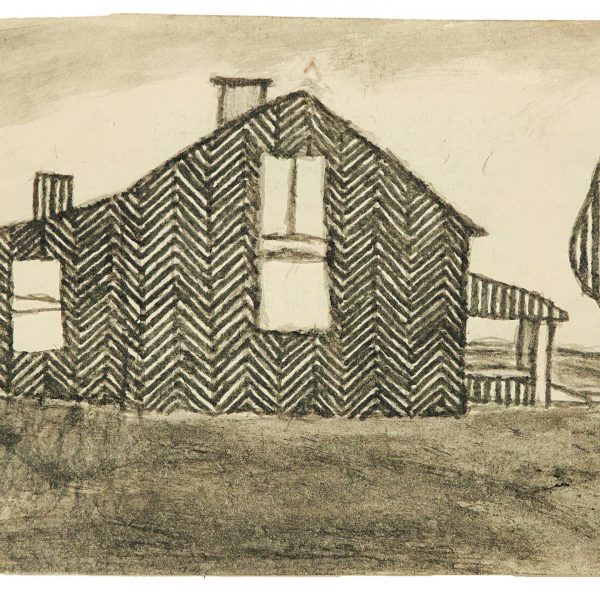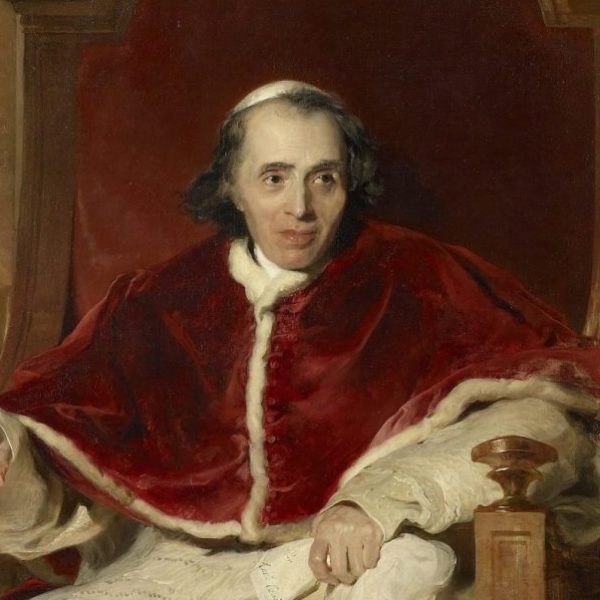Craig Harline on Telling Conversions
 Since the publication of Conversions earlier this fall, author Craig Harline has been busy writing op-eds for the Huffington Post, History News Network, The Daily, and Berfrois, all the while being profiled by Publishers Weekly, who also named the book a Top Ten Religion Book of 2011. The book dually relates the tales of Jacob Rolandus, who converts to Catholicism in seventeenth-century Holland against his family’s wishes, and Michael Sunbloom who in present-day America makes a similar conversion to Mormonism, only to later realize that he is gay. Here at Yale University Press, we were not only taken with the book’s subject of religious conversion, but with the unusual narrative style and compelling characters. We sat down with Harline to get at the questions raised by these powerful personal and family experiences, and how his own relationship with the writing of these stories affected the telling.
Since the publication of Conversions earlier this fall, author Craig Harline has been busy writing op-eds for the Huffington Post, History News Network, The Daily, and Berfrois, all the while being profiled by Publishers Weekly, who also named the book a Top Ten Religion Book of 2011. The book dually relates the tales of Jacob Rolandus, who converts to Catholicism in seventeenth-century Holland against his family’s wishes, and Michael Sunbloom who in present-day America makes a similar conversion to Mormonism, only to later realize that he is gay. Here at Yale University Press, we were not only taken with the book’s subject of religious conversion, but with the unusual narrative style and compelling characters. We sat down with Harline to get at the questions raised by these powerful personal and family experiences, and how his own relationship with the writing of these stories affected the telling.
Yale University Press: We previously noted the experience of reading Conversions is more reminiscent of a novel than a historical work—how did your subject inform the style of the book?
Craig Harline: I’m not sure that there’s necessarily as sharp a distinction between a “historical work” and a “novel” as the question suggests, at least if you consider “narrative” to be a legitimate form of historical writing. Narrative history has plenty in common with novels, and even borrows from them in a variety of ways, such as in its close attention to story, characters, pacing, and so on—things that matter a lot less in analytical or structural history. Thus maybe it’s not so much the subject that informs the style of a work of history as the way you think and write about it. Just as important, of course, in informing the style are the sources you’re able to find, and how you use them. In my case, I’m always on the lookout for sources that allow me to construct a mostly whole, dramatic story (not many stories from the Reformation come in whole cloth, but with the right sources you can get close), because that’s how I am best able to try to understand such abstract subjects as “the impact of conversion on family relationships.” That subject could be treated in a coldly analytical way too, but in my mind it was inherently dramatic and thus had to be told in narrative form and the sources allowed me to do so. Had I not found the sources I did, I probably would have looked for another subject.
YUP: Are the alternating chapter’s similarities deliberate, or did you write the stories separately and then find that they paralleled each other?
CH: Because I knew the two stories were similar, I knew that they would match up in a general way by the end, but I did not set out with a plan to match them up point by point, drama by drama, as the book went along. I simply wrote the Reformation story first, completely. I kept the chapters short for the sake of readability, but that turned out to be serendipitous when I decided to add the modern story, because if you were going to go back and forth between stories then the chapters needed to be short, or you’d lose track of one or the other.
Another bit of serendipity was how neatly the stories fell together: I wrote the modern story out completely as well, again with short chapters. When I started mixing the chapters of each story together, they fell together better than if I’d carefully planned things out. Had I planned more, there probably would have been a sort of cookie-cutter effect. Instead, there emerged something that was more like an organic whole, which I liked, because that was just how the two stories felt to me anyway, even though on the surface they seemed quite different. The pacing of the stories was close enough that the parallels couldn’t be missed; I didn’t have to hit the reader over the head with them, or add any commentary to point out that this bit related to that. There’s luck in writing too, and I had some there.
 YUP: The book’s cover is rather striking. Do you see conversion as overpowering or simply empowering?
YUP: The book’s cover is rather striking. Do you see conversion as overpowering or simply empowering?
CH: The figure on the cover is obviously overpowered, which is the favorite motif in the Christian understanding of conversion, as based on the story of Paul’s dramatic experience on the road to Damascus. But certainly not all converts had that sort of experience. In fact over the centuries, Christian authorities preferred a less dramatic and more gradual form of conversion, which they thought would be more lasting than the overpowering sort. The question of overpowering or empowering really depends on the particular convert, in the end. People convert for all sorts of reasons, and sometimes more than once: trying to pin those reasons down with any sort of precision is probably impossible, even for the convert, and maybe even unnecessary. Some converts probably aren’t overpowered or empowered at all, and people who stay in their faith their entire lives may be just as empowered as any convert.
YUP: As a historian who usually writes about the long-dead, what was it like to tell the story of someone you know personally?
CH: In a way, it was the most liberating aspect for me, because I was writing more from within than from any notes. For every book I write, I have to get the story mostly in my head before I can start, because I’ve found that if I write strictly from notes then the story reads like something written by a guy in a white lab coat (in fact someone said that about my very first book). I had this Reformation story of conversion mostly in my head too, before I started writing, but the modern story had been part of me for so long that I could write it almost solely from emotional memory. Certainly I consulted letters my friend had written to me, and I interviewed him and others about events, but only for the details. The basic story had been inside a long time, and that depth gave me the tone I wanted, and even influenced the tone I gave to the Reformation story.
YUP: You were good friends with Michael in the 1970s. Do you think you could have been friends with Jacob in the 1650s?
CH: People often ask me that about the main characters in my books, and I’m never sure what to say, because I’m not sure what sort of person I would have been myself in another time and place. I’ve written books about a nun, a bishop, various recipients of miracles, and now this Jesuit convert, all from the Reformation, and I might have been much like them had I lived when they did—but from my modern world and personality I’m not sure I’d have been comfortable for long around any of them. We can always feel some empathy with any other human, I think, if we take enough trouble to learn about them, and so certainly I feel that for each of these characters, but I’m not sure it would have come naturally—and I’m not sure they would have felt any more comfortable with me. In fact maybe I was drawn to them precisely because I didn’t immediately sympathize with them, and that made me want to try to understand them. Jacob strikes me as a typical youthful convert, absolutely sure he was right, and maybe I was that way too at one point; but with age that sort of assurance tends to disappear, I think, and he’d probably irritate me now, even as I admired his nerve.
Craig Harline is professor of history at Brigham Young University. He is the award-winning author of five previous books, including Miracles at the Jesus Oak: Histories of the Supernatural in Reformation Europe and Sunday: A History of the First Day from Babylonia to the Super Bowl, both available in paperback from Yale University Press.



